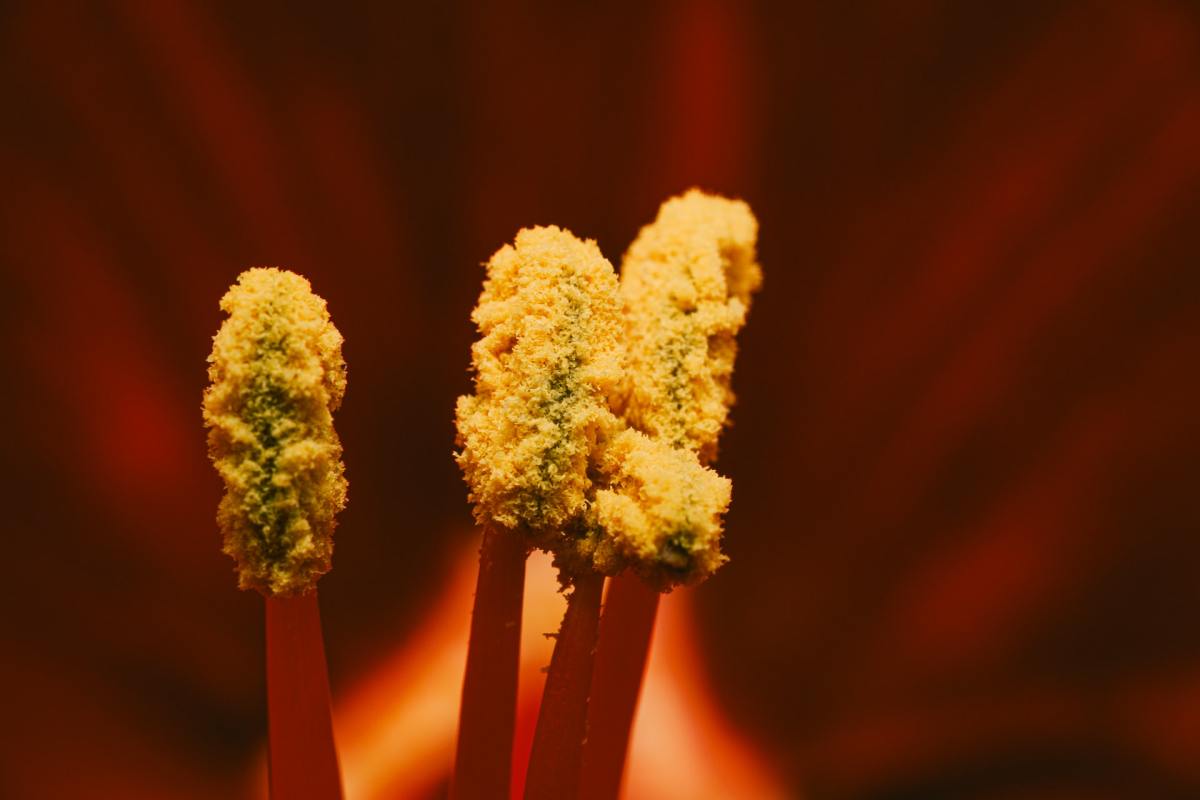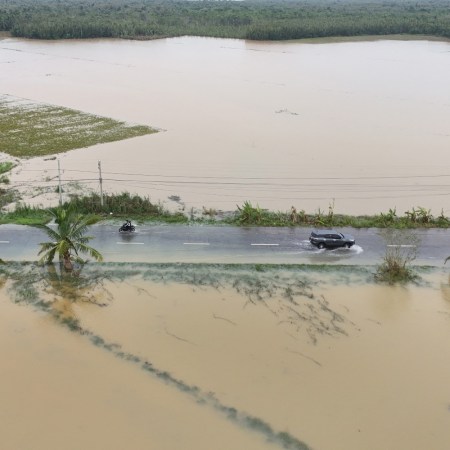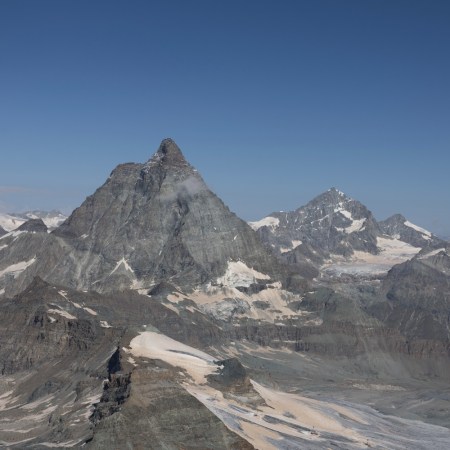Sometimes, describing climate change as an existential threat doesn’t feel specific enough. Its effect on different aspects of everyday life is widespread, but it’s also difficult to understate just how many things it effectively makes worse, from agriculture to winter sports. And if you’ve ever kept an eye on pollen counts so as not to be overwhelmed with allergies, climate change also has a part to play there — and it’s not a good one.
The journal Nature Communications recently published a new paper by atmospheric scientists Yingxiao Zhang and Allison L. Steiner titled “Projected climate-driven changes in pollen emission season length and magnitude over the continental United States.” Using models for pollen emissions, the scientists estimate that seasonal pollen will soon be emitted for more time and in greater concentration.
In other words, get your tissues ready.
The authors expanded on their paper in an article for The Atlantic. Among their conclusions: the country could see an overall increase in pollen counts of 200 percent by century’s end. This has less to do with temperatures rising and more to do with carbon dioxide emissions, the authors explain. Why? It has to do with photosynthesis — more carbon dioxide means larger plants, essentially, and larger plants make more pollen.
There is an upside to the work these scientists have done with pollen forecasts, however. They’ve seen evidence that their work can lead to more accurate pollen modeling — so even if the pollen counts are on the rise, allergy sufferers might be able to plan ahead with a greater degree of accuracy.
Thanks for reading InsideHook. Sign up for our daily newsletter and be in the know.


















